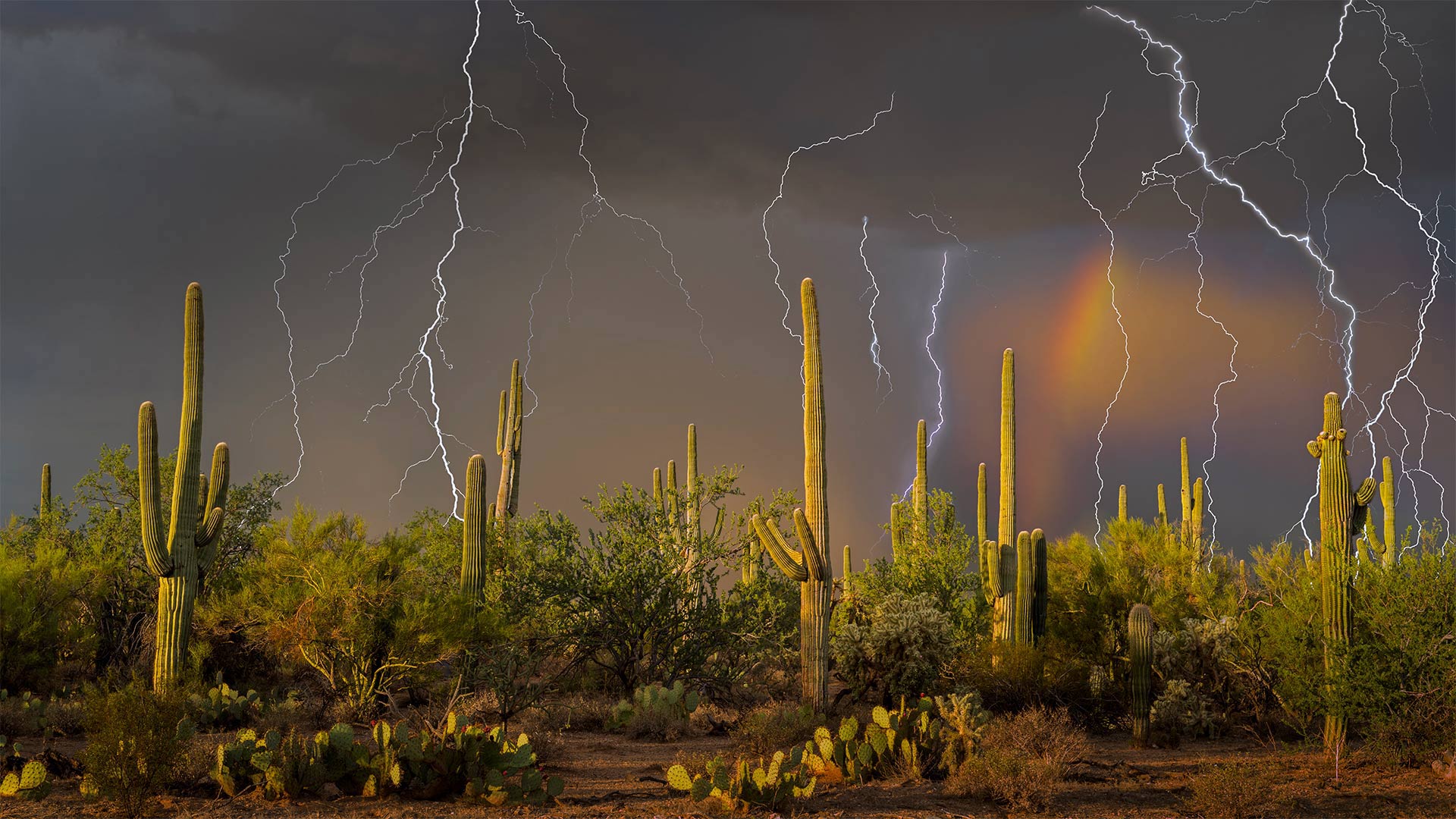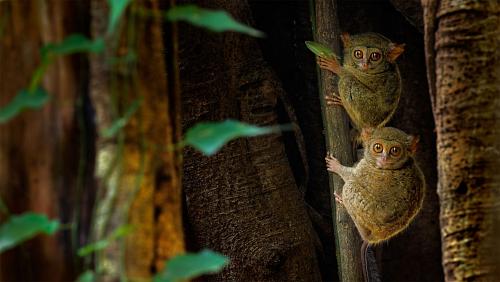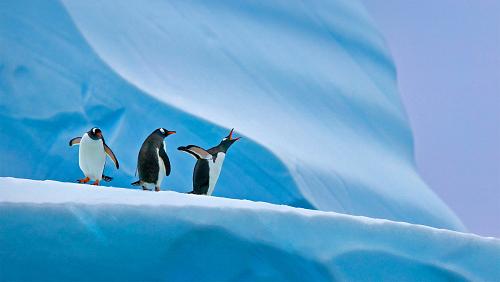In an effort to address health and environmental concerns, Sudan has implemented animal cremation as a solution to the disposal of animal carcasses. The country has been facing challenges related to the spread of diseases and pollution caused by improper disposal of animal remains.
Health Concerns
Improper disposal of animal carcasses can lead to the spread of diseases, both to other animals and to humans. In Sudan, the improper disposal of animal remains has been linked to the spread of various diseases, posing a significant risk to public health.
Environmental Concerns
The traditional methods of disposing of animal carcasses, such as burying or dumping them in open areas, have led to environmental pollution. The decomposition of animal remains can contaminate soil, water, and air, causing harm to the environment and wildlife.
Implementation of Animal Cremation
To address these concerns, Sudan has taken the initiative to implement animal cremation as a more efficient and environmentally friendly method of disposing of animal carcasses. Cremation not only eliminates the spread of diseases and pollution but also reduces the overall environmental impact of animal disposal.
Benefits of Animal Cremation
Animal cremation offers several benefits, including:
- Efficient and safe disposal of animal carcasses
- Prevention of disease spread
- Reduced environmental pollution
- Conservation of natural resources
Public Awareness and Education
In addition to implementing animal cremation, Sudan is also focusing on public awareness and education programs to promote responsible animal carcass disposal practices. This includes educating the public on the importance of proper animal disposal and the benefits of animal cremation.
Conclusion
The implementation of animal cremation in Sudan is a positive step towards addressing health and environmental concerns related to animal carcass disposal. By adopting more sustainable and responsible practices, the country is working towards a cleaner and safer environment for both its people and wildlife.








